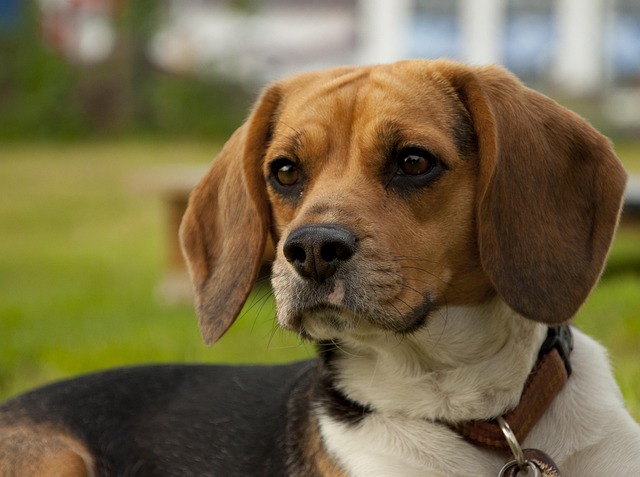
How hard is it to potty train a yorkshire terrier?
Bringing a Yorkshire terrier home fills your life with tiny paws and boundless energy, but the journey of potty training often comes with its fair share of challenges.
That moment when you step in a warm puddle on the kitchen floor is a universal rite of passage for new puppy owners. The burning question, understandably, is when will it end? Pinpointing an exact age when a puppy definitively stops peeing in the house is like predicting the weather with absolute certainty – it varies tremendously. Expecting a one-size-fits-all answer often leads to frustration for both the owner and the pup.
Why doesn't a single puppy house training timeline work? Picture this: a Great Dane puppy and a Chihuahua puppy born on the same day. Their physical development, particularly bladder size and muscle control, progresses at vastly different rates. Breed plays a massive role; smaller breeds often take longer to gain reliable bladder control simply because their bladders are physically smaller. Beyond genetics, individual temperament matters. A bold, confident puppy might grasp potty concepts faster than a more timid one easily distracted by the world. Environmental factors are equally crucial. A predictable schedule in a calm home fosters faster learning than a chaotic environment with inconsistent routines. This complex interplay makes rigid timelines unreliable.
Scientifically, puppy bladder control isn't fully developed at birth. Puppies lack the neurological maturity to consciously hold urine until they are several weeks old. Most puppies begin developing voluntary control around 12-16 weeks, but achieving consistent reliability takes significantly longer, often extending to 6 months or more. Smaller breeds, like Dachshunds or Yorkies, frequently take longer, sometimes up to 8-10 months, due to their tiny bladders and potentially slower muscle development. Larger breeds, such as Labradors or Golden Retrievers, might demonstrate reliable control closer to 5-6 months. Understanding this biological timeline helps set realistic expectations for when puppies stop peeing indoors. Research by organizations like the American Animal Hospital Association (AAHA) supports that full bladder maturity isn't typically reached until around 6-7 months across most breeds.
How you approach training directly impacts how quickly your puppy stops peeing inside. The gold standard is positive reinforcement paired with relentless consistency. Immediately rewarding your pup with treats and enthusiastic praise when they eliminate outside powerfully reinforces the desired behavior. Avoid punishment for accidents; it creates fear and confusion, hindering progress. Crate training, used correctly as a safe den, leverages a puppy's natural instinct to keep their sleeping area clean, aiding bladder control development. Setting a frequent, predictable schedule for potty breaks (after waking, playing, eating, drinking, and every 1-2 hours otherwise) is non-negotiable. The key isn't just *what* method you use, but *how* consistently you apply it day after day.
Your living situation and daily routine are critical environmental factors affecting puppy potty training age. Apartment dwellers face the challenge of multiple elevator rides or stairs to reach a suitable potty spot, requiring extra time and patience. Owners with demanding jobs or irregular schedules might struggle to maintain the necessary frequency of potty breaks, inevitably leading to more indoor accidents. Easy, immediate access to a safe outdoor area significantly streamlines the process. Even the type of flooring can influence a puppy; accidents on easily cleaned tile might go unnoticed longer than on carpet, delaying correction.
Setting realistic expectations is paramount for reducing owner frustration and ensuring puppy well-being. Don't fixate on a calendar date. Instead, focus on your individual puppy's progress. Track their successes and accident patterns. Does your 5-month-old Labrador usually signal when they need to go out? That's significant progress, even if the occasional accident happens. Tailor your strategy: a tiny breed puppy might need nighttime potty breaks for much longer. Adjusting your schedule might mean setting alarms for midnight outings if you have a young pup. If accidents persist beyond 8-10 months without clear progress, consulting a vet is essential to rule out medical issues like UTIs, which can sabotage even the best training. Remember, many municipalities have ordinances requiring pet owners to promptly clean up waste in public areas, reinforcing the importance of diligent outdoor training.
Ultimately, the journey to a reliably house-trained puppy isn't a straight line dictated solely by age. It's a blend of biology, individual temperament, dedicated training, and adapting to your specific environment. Embrace your puppy's uniqueness. Patience, unwavering consistency with positive methods, and understanding the factors affecting puppy potty training age are your most powerful tools. Celebrate the small victories along the way, and know that with time and the right approach, those frustrating indoor puddles will become a distant memory.

Bringing a Yorkshire terrier home fills your life with tiny paws and boundless energy, but the journey of potty training often comes with its fair share of challenges.
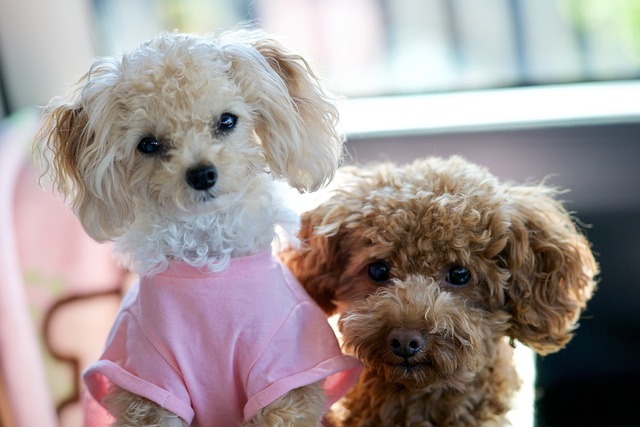
Imagine walking into your Houston home to find your rescue pit bull, Rocky, growling over a chewed shoe, hackles raised as you approach.
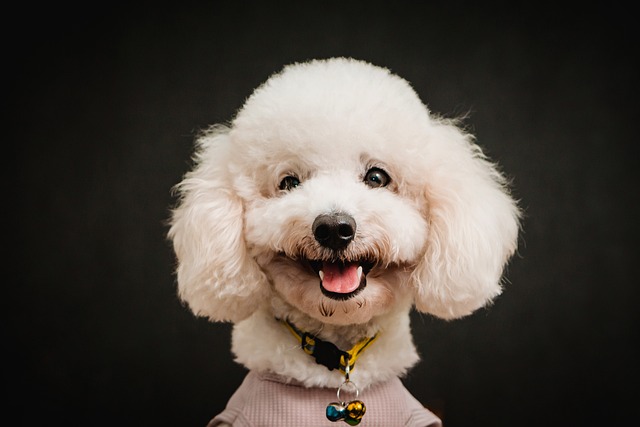
Imagine your squishy 9-week-old Labrador, Daisy, tumbling after a fallen Cheerio in your Chicago kitchen. You chirp, "Daisy, come!" – and those little paws scramble toward you
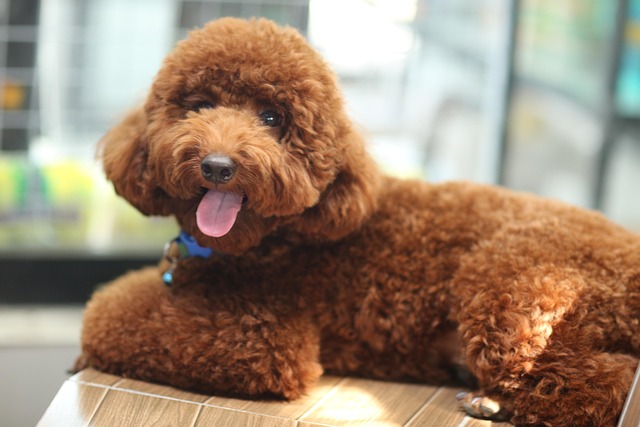
Imagine this: You’re at a sun-dappled park in Denver, waving a frisbee and calling your Australian shepherd, Zara, but she’s too busy sniffing a patch of grass where a squirrel paused minutes ago.
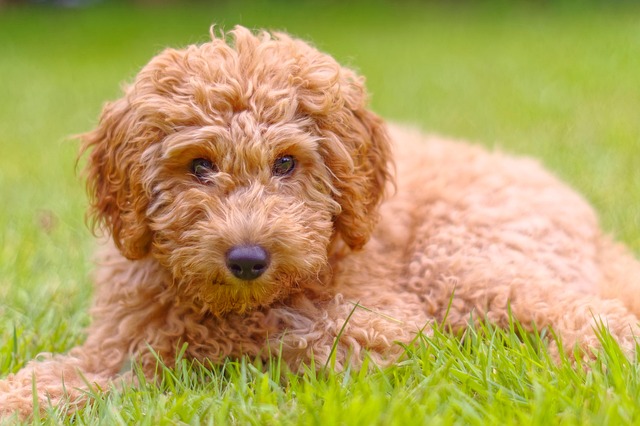
Picture this: you're at the local park, your new Labrador pup, Buddy, spots a fascinating squirrel. You call his name with growing urgency
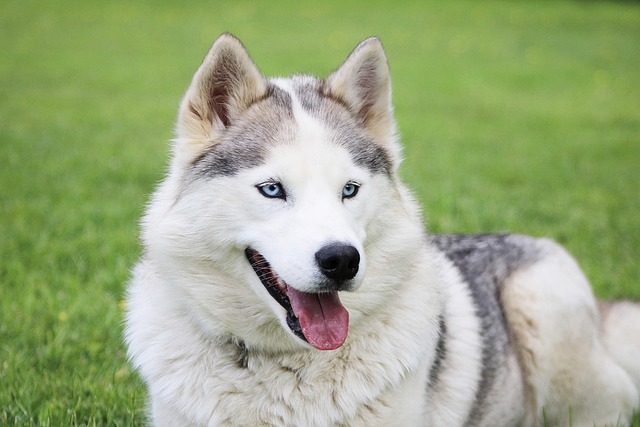
Your heart leaps as your 4-month-old Golden Retriever, Cooper, locks onto a discarded chicken wing during your Brooklyn sidewalk stroll – milliseconds from a dangerous snack.